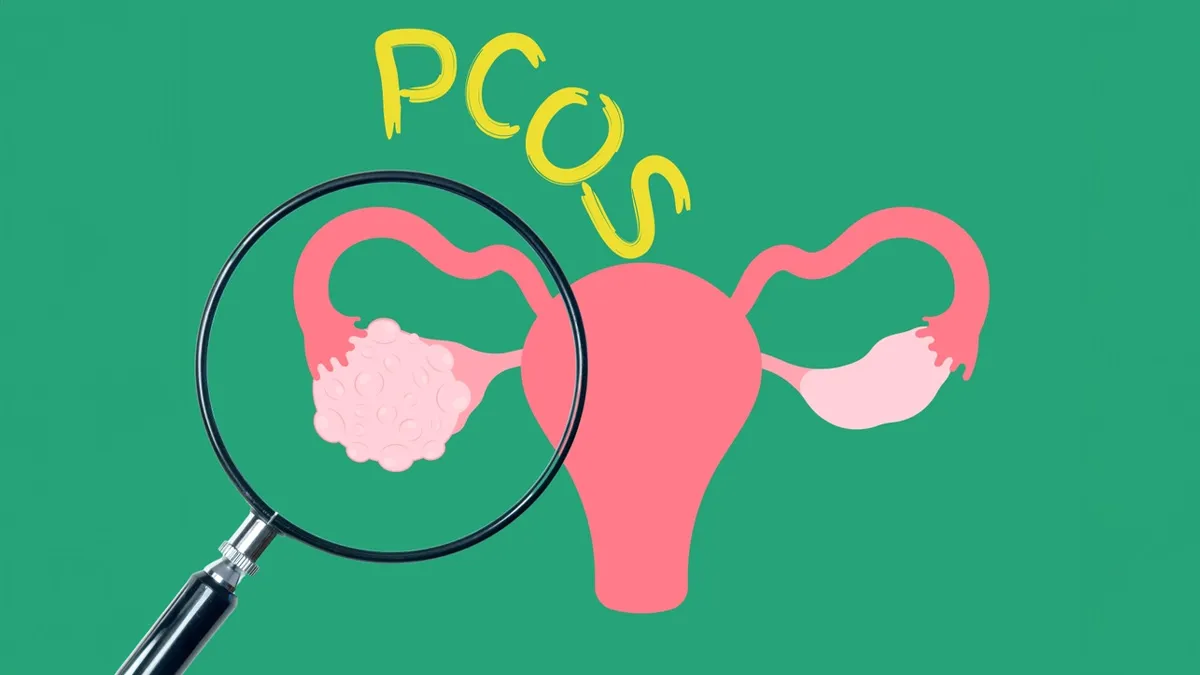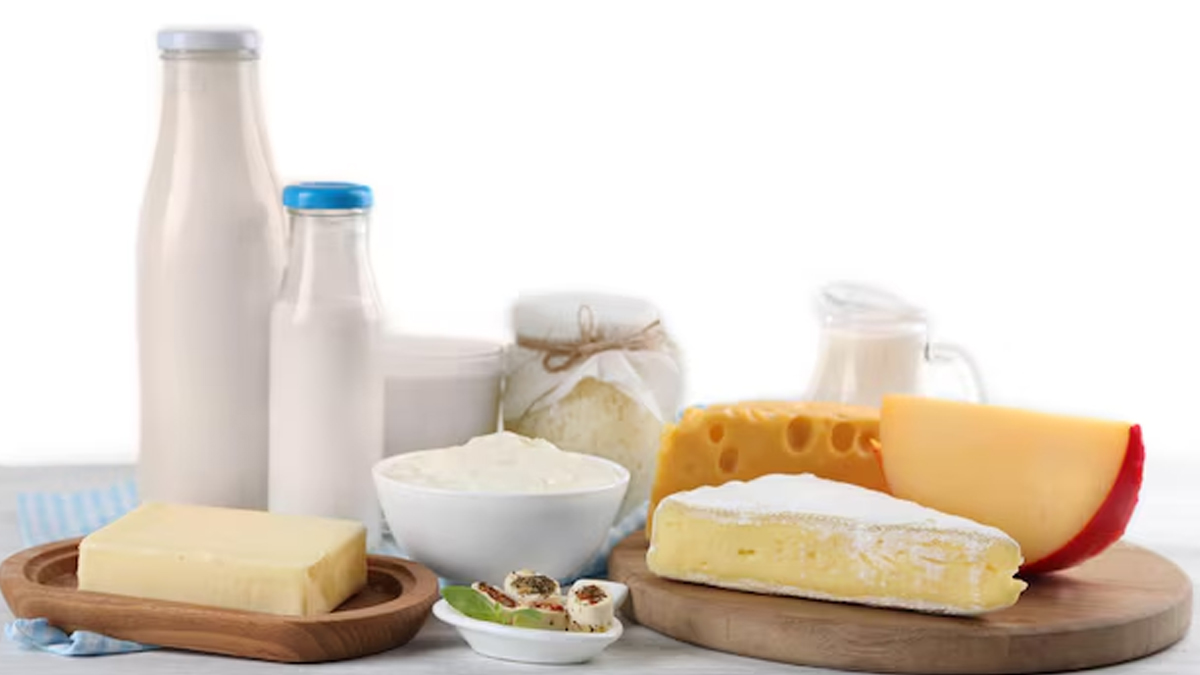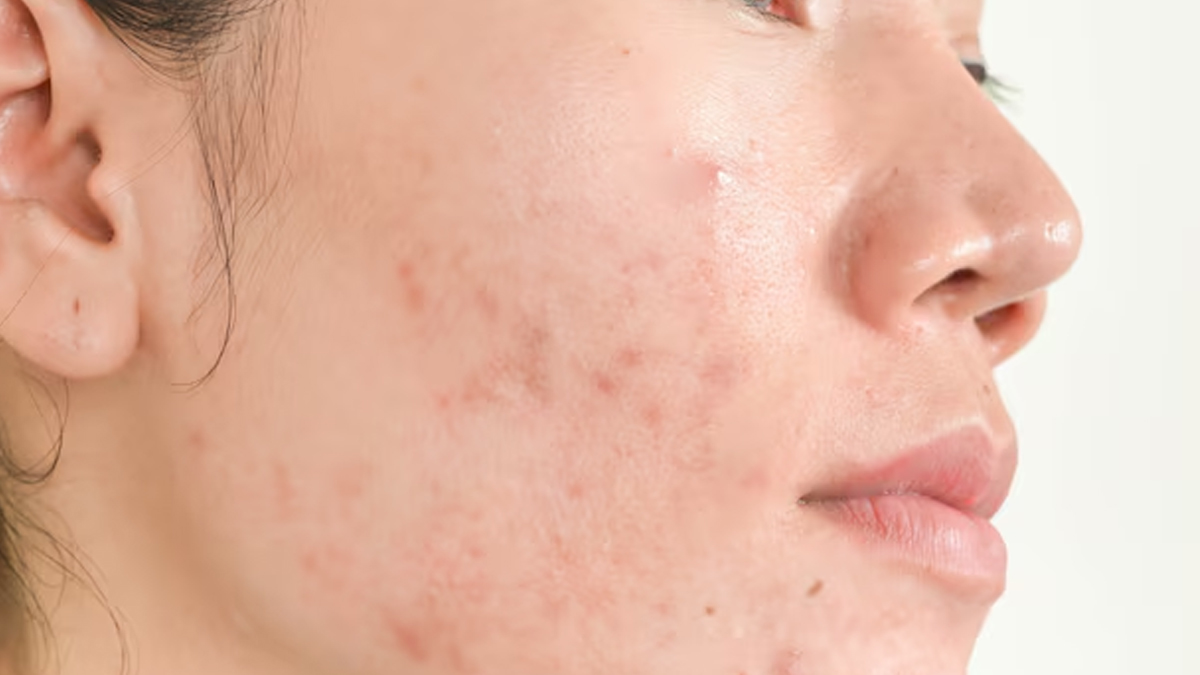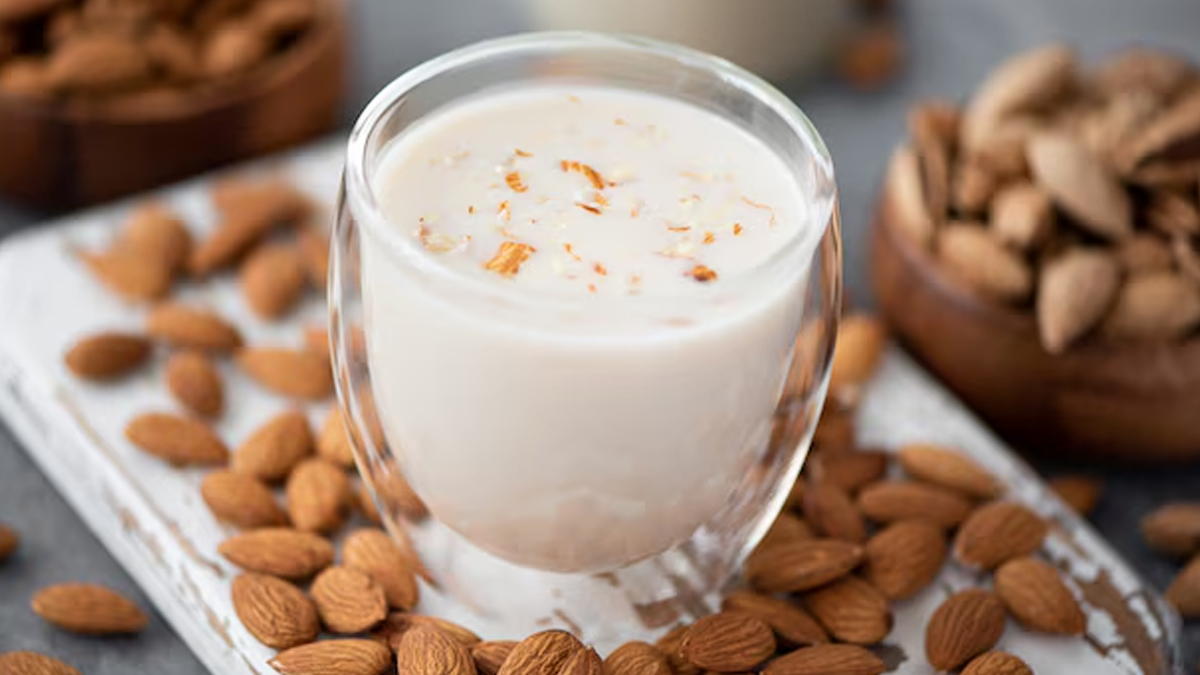
Have you ever wondered if your daily cup of milk or favourite cheesy snack could be affecting your PCOS symptoms? Dairy is often praised for its calcium and protein content, but for women with Polycystic Ovary Syndrome (PCOS), it can sometimes do more harm than good. PCOS is a hormonal disorder that affects many menstruating women, leading to symptoms like irregular periods, weight gain, acne, and excess hair growth.
Table of Content:-
To understand whether dairy consumption can harm PCOS women, we spoke to Dr Kinjal Avdhut Kothari, Associate Consultant - Obstetrics and Gynaecology, Manipal Hospital, Goa, who shared insights on this, listing healthier alternatives.
Impact of Daily Products On PCOS Women

Milk, cheese, and yoghurt are widely consumed dairy products. They are a great source of important nutrients, such as calcium, vitamin D and protein. "For women with PCOS, dairy consumption may be a little of both. The primary issue lies in the hormones found in dairy products, specifically, the insulin-like growth factor (IGF-1) and its effect on insulin resistance," said Dr Kothari.
Elevated levels of insulin in the blood can exacerbate PCOS symptoms, particularly weight gain, acne, and hormonal imbalance. "Hormones and some compounds in milk can boost insulin resistance and androgen (male hormone) production in women with PCOS. This can also cause additional conditions, like excess facial hair and scalp thinning," added Dr Kothari.
According to a 2024 study, reducing dairy intake, particularly when combined with a low-starch diet, may lead to significant improvements in various health markers for women with PCOS. These improvements include reductions in weight, body mass index (BMI), waist circumference, fasting insulin levels, and total testosterone levels. Such changes can alleviate symptoms like excess facial hair and scalp thinning associated with elevated androgen levels.
Also Read: PCOS Diet Myths You Should Stop Believing: Expert Explains What Women Should Eat
Dairy and Hormonal Imbalance

Hormones, such as oestrogen and progesterone are naturally present in dairy products. These androgen levels can also lead to symptoms, including hirsutism and thinning of the scalp hair in some patients. "Dairy products, especially full-fat dairy, are rich in saturated fats, which leads to inflammation in the body. Chronic inflammation leads to insulin resistance and other comorbid metabolic disorders, which are common in PCOS patients," explained Dr Kothari.
Dairy and Acne in PCOS

One of the common signs of PCOS is acne. Studies suggest dairy may aggravate acne for some people as it impacts insulin and androgens. A systematic 2018 review and meta-analysis found that consumption of dairy products, including milk, yoghurt, and cheese, was associated with an increased odds ratio for acne among individuals aged 7–30. This highlights skim milk as particularly bad for the skin, possibly due to hormone levels that trigger oil production.
Also Read: Expert Shares 5 Dinner Ideas To Lose PCOS Belly Fat While Enjoying Your Favourite Foods
PCOS-Friendly Dairy Alternatives
Many plant-based alternatives offer similar nutrients, excluding the negative side effects.

- Almond Milk: It is low in calories and free from the harmful hormones found in cow's milk. Also, it's fortified with calcium and vitamin D, making it an excellent dairy milk substitute. Additionally, it is rich in protein and contains phytoestrogens.
- Soy Milk: It is a good calcium and vitamin D source when fortified. Additionally, it provides healthy fats that are easily digestible. Its creamy texture is also a major draw, being a favourite among the majority.
- Coconut Milk: It provides healthy fats and is easy to digest. Moreover, its creamy texture makes it a popular choice among many.
- Oat Milk: It is high in soluble fibre that can assist with controlling blood sugar levels; it is often fortified with nutrients like calcium and vitamin D.
- Greek Yoghurt Alternatives: Plant-based yoghurts, such as almond, coconut, or soy milk, can be a hit or miss. They are often enhanced with probiotics, beneficial bacteria that promote gut health and overall wellness.
- Cheese Replacement: Cashew or almond-based vegan cheeses can deliver the same savoury flavour as dairy cheese without the harmful hormonal effects.
- Legumes, tofu, fresh fruits, berries, and vegetables are other healthy options.
[Disclaimer: This article contains information provided by an expert and is for informational purposes only. Hence, we advise you to consult your professional if you are dealing with any health issue to avoid complications.]
Also watch this video
How we keep this article up to date:
We work with experts and keep a close eye on the latest in health and wellness. Whenever there is a new research or helpful information, we update our articles with accurate and useful advice.
Current Version
